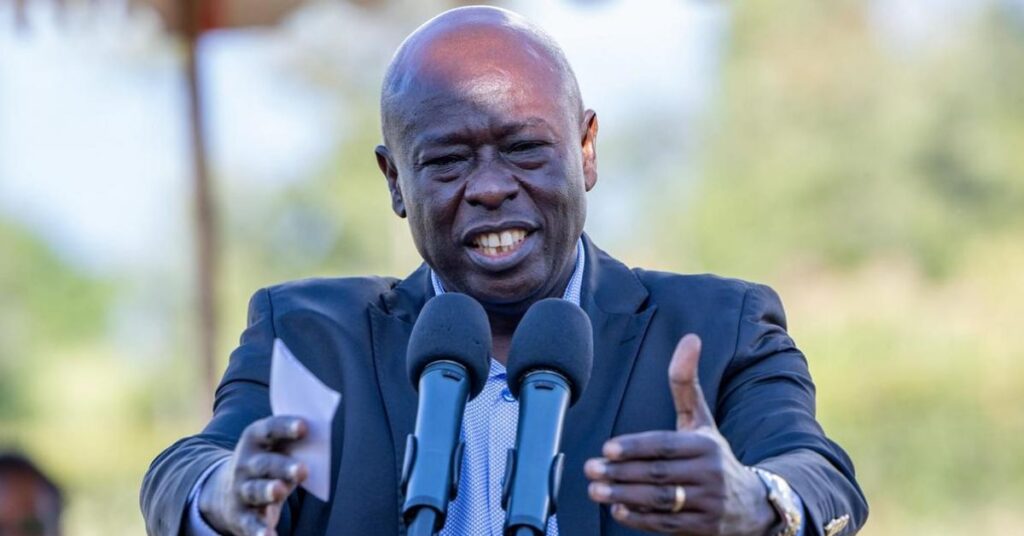The End of Rigathi Gachagua? What It Will Take to Kick Deputy President Out of Office
The political landscape in Kenya is poised for a seismic shift as the stage for the impeachment of Deputy President Rigathi Gachagua is set.
Reports have surfaced that 242 members of parliament have appended their signatures in favor of the motion, signaling a significant push against the deputy president. For the impeachment proceedings to officially commence, however, the motion must garner support from at least one-third of the MPs—117 to be exact.
According to sources, the motion is being spearheaded by Kimilili MP Didmus Barasa. As the architect of this political maneuver, Barasa’s role is pivotal in shaping the narrative against Gachagua. “We are taking this action to ensure accountability in our leadership,” Barasa stated, emphasizing the importance of upholding constitutional integrity.
To successfully impeach Gachagua, the motion must clearly articulate the grounds for such a drastic measure. These grounds may include violations of the constitution or other laws, crimes against national or international laws, and gross misconduct. In this instance, Barasa will need to present compelling evidence, including affidavits, to substantiate the allegations leveled against the deputy president.
If the motion is accepted by the Speaker, the next step will be a discussion and vote in plenary. A majority vote of two-thirds—233 out of 349 members—will be required to advance the motion to the Senate. This rigorous process highlights the significant hurdles Gachagua must navigate if he wishes to remain in office.
However, the deputy president is not without options. Should the motion proceed, Gachagua can challenge the impeachment in the Supreme Court, seeking to overturn any decision made by the parliamentary body. His potential legal defenses may center on questioning the validity of the evidence presented or the motives behind the impeachment.
Gachagua faces serious accusations, including constitutional violations, legal breaches, gross misconduct, and abuse of office. These claims, if proven, could lead to a significant reshaping of Kenya’s political hierarchy. As the political tides shift, the implications of this impeachment motion extend beyond Gachagua himself; they echo the broader calls for accountability and transparency in the leadership of Kenya.
As Kenyans watch closely, the outcome of this political battle may redefine not only Gachagua’s future but also the country’s political landscape. “We must hold our leaders accountable, and this is just the beginning,” Barasa concluded, reflecting the sentiment of many discontented citizens.

In Other News: Didmus Barasa Speaks On DP Gachagua Impeachment Motion, Explains His Role
The End of Rigathi Gachagua? What It Will Take to Kick Deputy President Out of Office

